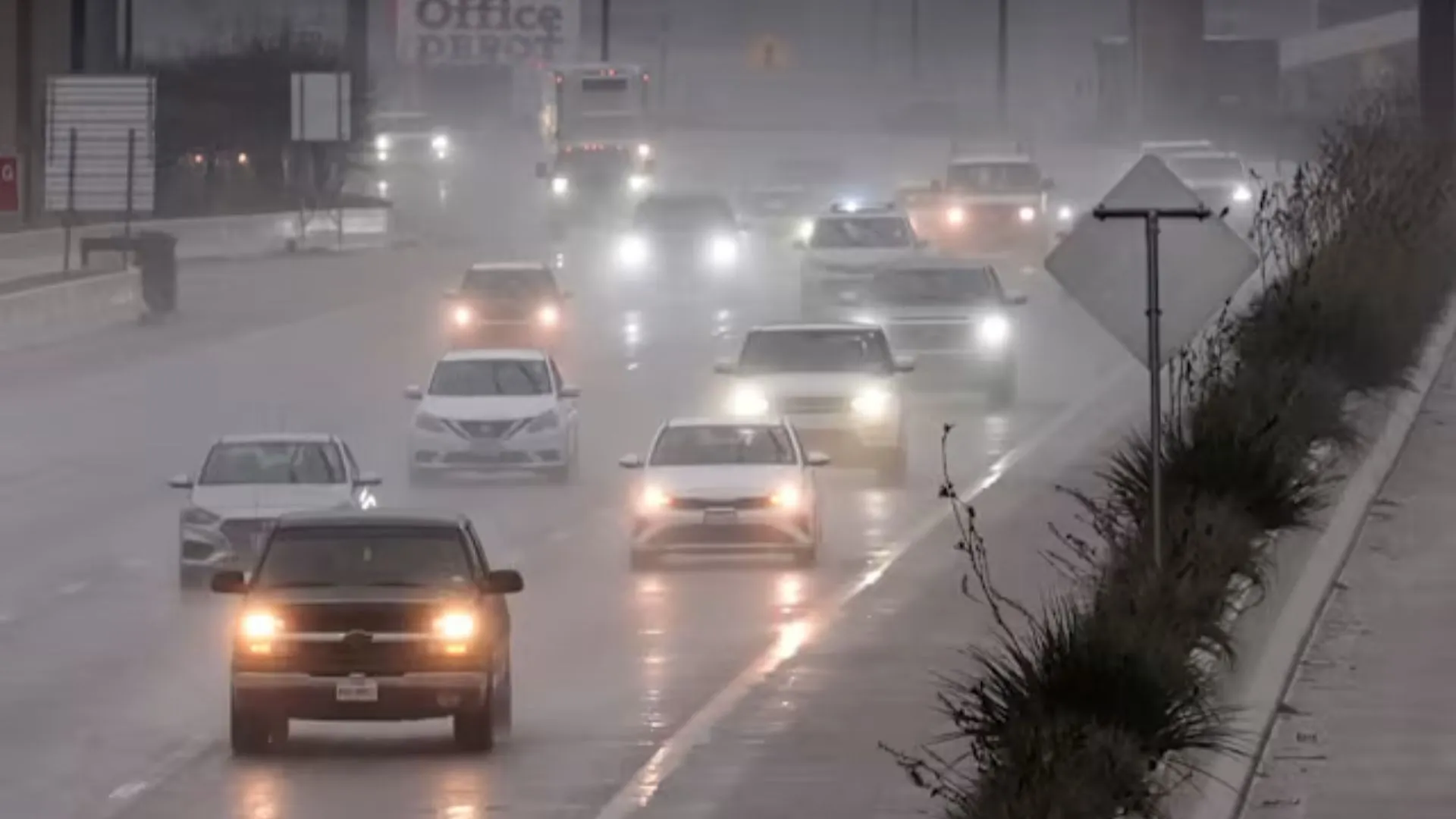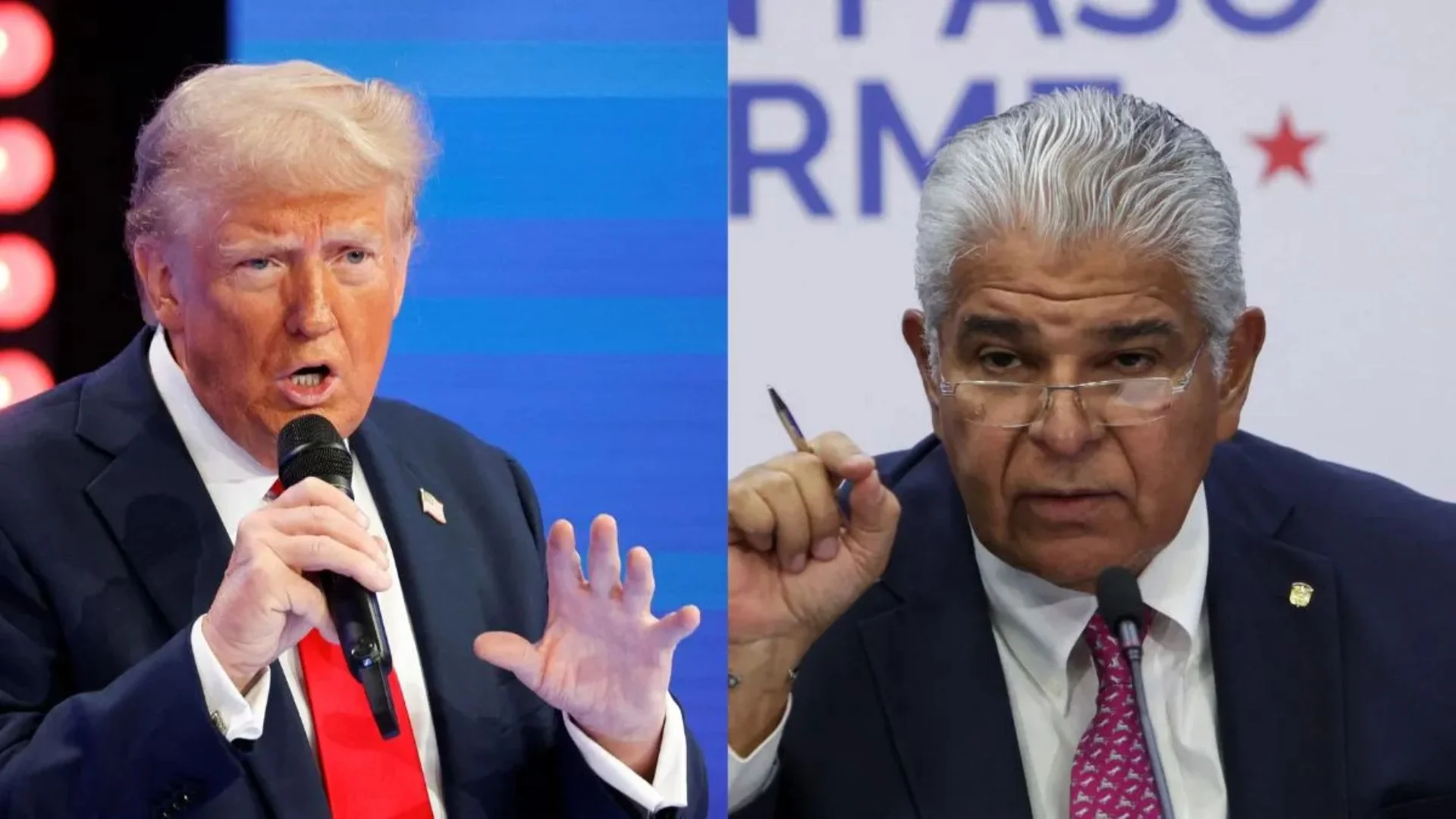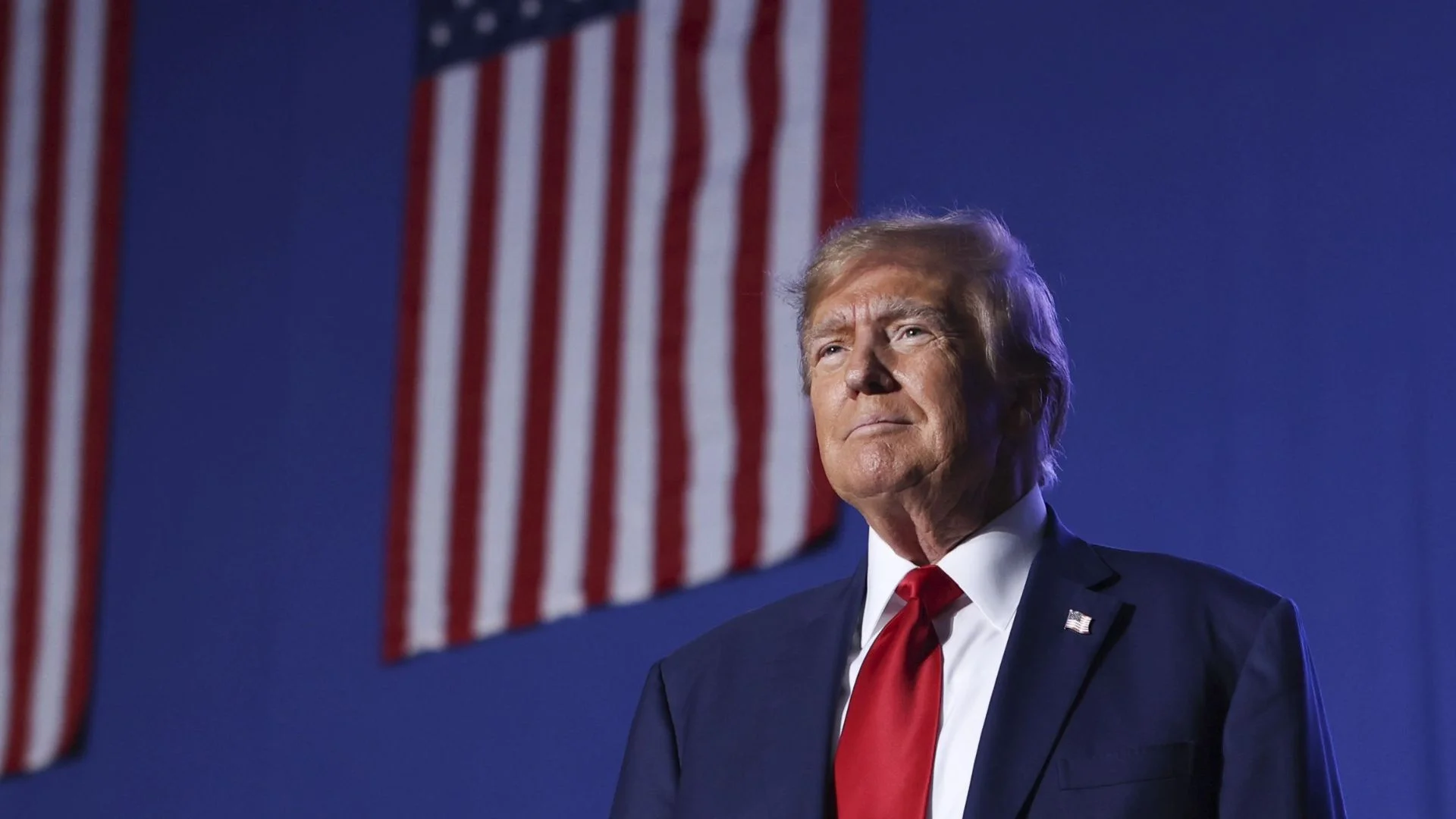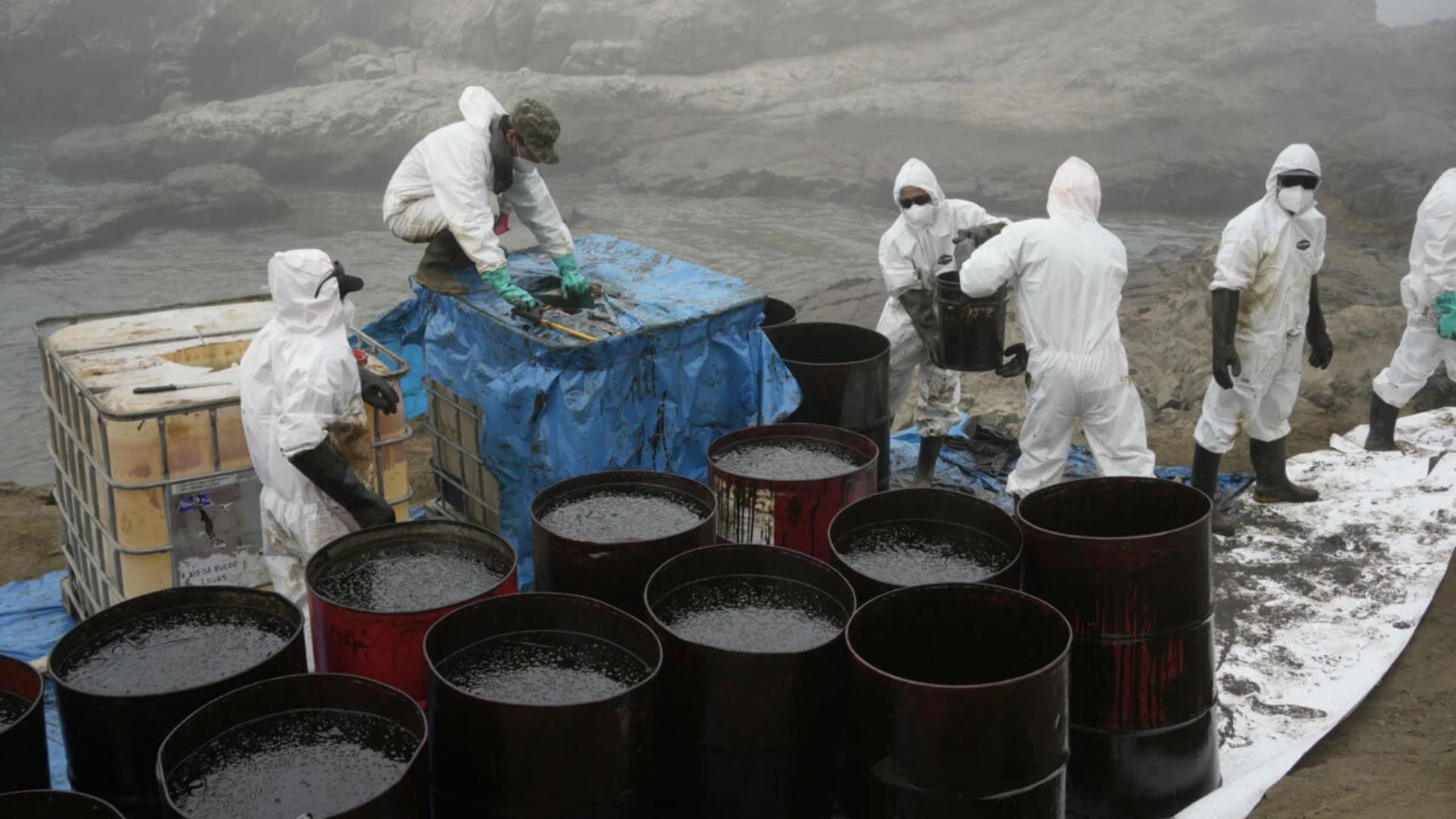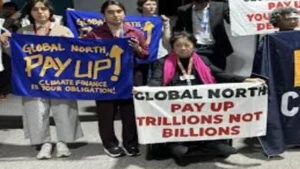Developing nations at COP29 in Baku slammed the developed wealthy nations on Sunday when they proposed a $300 billion global climate finance target to help the poorer countries combat climate change.
After the two-week conference in Azerbaijan’s capital, the decision was hoping to provide momentum to the international efforts to fight global warming coming to its highest this year.
The deal got standing ovation at COP29 plenary hall and on the other hand, some developing countries booed the announcement for not thinking larger and just passing this offer off without conscientiously thinking about it.
An Indian delegation representative, Chandni Raina told Reuters, “I regret to say that this document is nothing more than an optical illusion. This, in our opinion, will not address the enormity of the challenge we all face. Therefore, we oppose the adoption of this document.”
Simon Steill, United Nations climate chief acknowledged the difficult negotiations that led to the agreement bu praised the decision of wealthy nations who are trying to give ‘an insurance policy’ for humanity against global warming.
“It has been a difficult journey, but we’ve delivered a deal,” Stiell said. “This deal will keep the clean energy boom growing and protect billions of lives. “But like any insurance policy, it only works if the premiums are paid in full, and on time.”
The agreement aims to provide $300 billion annually by 2035, building on the commitment by rich countries to provide $100 billion per year in climate finance by 2020. This earlier goal, met two years late in 2022, expires in 2025. The deal also sets the stage for next year’s climate summit, which will take place in the Amazon rainforest of Brazil. At this summit, countries are expected to chart the next decade of climate action.
The conference addressed the contentious issue of financial responsibility, focusing on industrialized nations whose historic use of fossil fuels has caused the majority of greenhouse gas emissions. These nations are under pressure to compensate developing countries for the increasing damage caused by climate change. The negotiations also exposed divisions between wealthy governments, constrained by tight domestic budgets, and developing nations grappling with the costs of storms, floods, and droughts.
Although the talks were supposed to conclude on Friday, they extended into overtime, with nearly 200 country representatives struggling to reach an agreement. Frustration peaked on Saturday when some developing countries and island nations temporarily walked out. “We are leaving with a small portion of the funding climate-vulnerable countries urgently need. It isn’t nearly enough, but it’s a start,” said Tina Stege, the Marshall Islands’ climate envoy.
The financing is intended to support efforts to meet the Paris Agreement’s goal of limiting global temperature rise to 1.5 degrees Celsius (2.7 degrees Fahrenheit) above pre-industrial levels. Beyond this threshold, catastrophic climate impacts could occur. However, the world remains on track for up to 3.1°C (5.6°F) of warming by the end of the century, according to the 2024 U.N. Emissions Gap report, with global greenhouse gas emissions and fossil fuel use continuing to rise.
Sunday’s deal did not include detailed steps for implementing last year’s U.N. climate summit pledge to phase out fossil fuels and triple renewable energy capacity this decade. Some negotiators claimed Saudi Arabia attempted to block such a plan during the talks. “There’s definitely a challenge in getting greater ambition when you’re negotiating with the Saudis,” said U.S. climate adviser John Podesta. A Saudi official did not immediately provide comment.
The Question of Developed Nations
The list of countries required to contribute to climate finance, comprising about two dozen industrialized nations such as the U.S., European countries, and Canada, was established in 1992 during U.N. climate talks. European governments have called for others, including China—the world’s second-largest economy—and oil-rich Gulf states to contribute. While the agreement encourages contributions from developing countries, it does not make this a requirement.
The deal also sets a broader goal of raising $1.3 trillion annually in climate finance by 2035, which would include funding from both public and private sources. Economists argue this amount is necessary to address global warming. Additionally, countries agreed on rules for a global carbon credit market, which proponents believe could generate billions for initiatives like reforestation and clean energy technologies.
Securing this climate finance agreement was challenging from the outset. The recent election victory of Donald Trump in the U.S., a Republican who has dismissed climate change as a hoax, raised concerns about whether the world’s largest economy would fulfill its commitments. Trump had previously withdrawn the U.S. from international climate agreements. President Joe Biden, however, congratulated the COP29 participants for what he called a historic agreement. He acknowledged that more work lies ahead: “Today’s outcome puts us one significant step closer. On behalf of the American people and future generations, we must continue accelerating our work to keep a cleaner, safer, healthier planet within our grasp,” Biden said in a statement.
Also read: Zelenskyy Says Ukraine Needs Stronger Air Defense As Russia Intensifies Drone Attacks
Global Warming Amid Geopolitical Challenges
Western governments have seen climate action deprioritized due to escalating geopolitical tensions, such as Russia’s war in Ukraine, expanding conflict in the Middle East, and rising inflation. Meanwhile, climate disasters have escalated. This year, predicted to be the hottest on record, has seen widespread flooding in Africa killing thousands, deadly landslides in Asia, and South American droughts shrinking rivers. Developed nations have also been affected, with torrential rain causing deadly floods in Valencia, Spain, last month, killing over 200, and the U.S. experiencing 24 billion-dollar climate-related disasters this year—just four fewer than last year.



